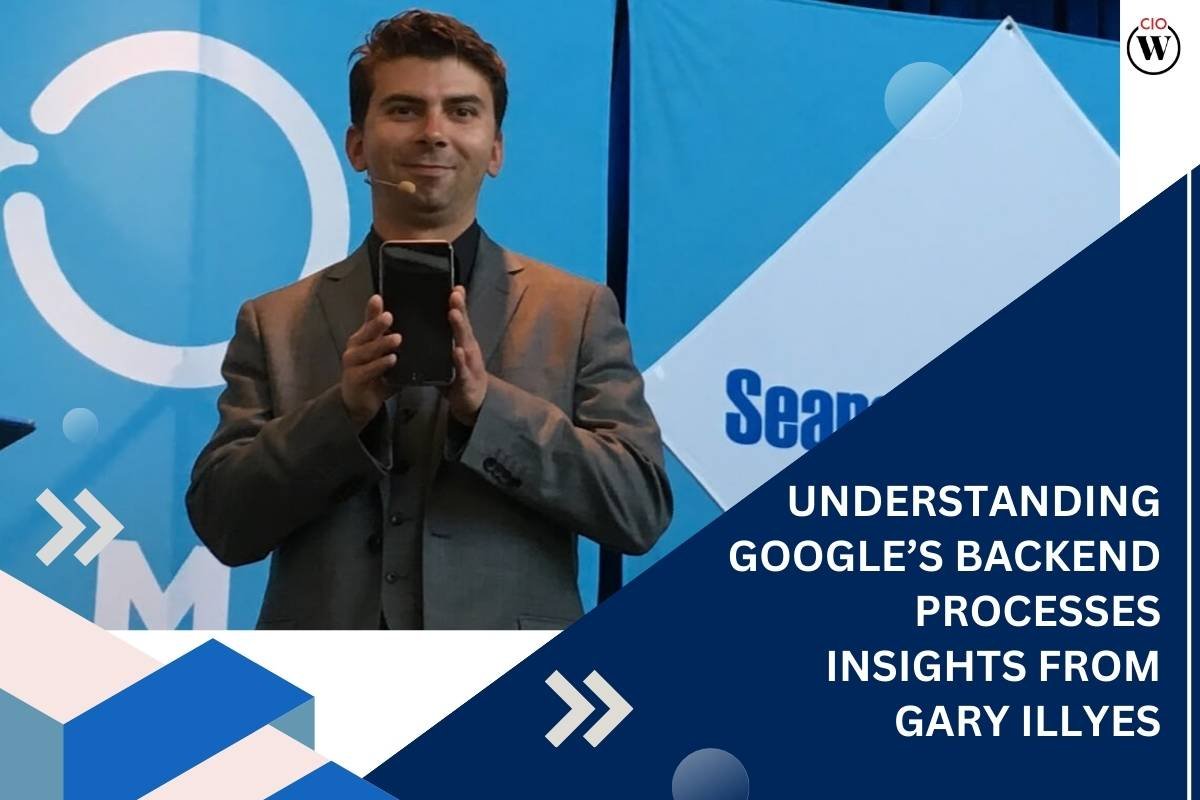Source – Search Engine Land
In a recent interaction with Google’s Gary Illyes, search marketer David Minchala posed a thought-provoking question regarding the functionality of Google’s canonicalization processes during core algorithm updates. Minchala speculated whether these processes might operate at a slower pace during significant updates, suggesting that Google core update indexing, particularly canonicalization, could experience delays. His query aimed to shed light on the intricate workings of Google’s backend systems during pivotal algorithmic changes.
Minchala’s inquiry, expressed as a “posit,” a proposition offered for consideration, hinted at the complexity of maintaining search integrity during algorithmic updates. He suggested that while core updates may alter search outcomes drastically, the underlying mechanisms responsible for indexing and canonicalization might continue albeit at a slower rate.
Gary Illyes’ Clarification
Gary Illyes swiftly responded to Minchala’s query, debunking the notion that canonicalization and indexing processes are affected by core algorithm updates. Employing an analogy likening core updates to adjusting cooking ingredients, Illyes elucidated that while core updates might alter search results significantly, the indexing and canonicalization processes operate independently, akin to activities in the “salt mines or the msg factories” before the cooking begins.
Illyes’ explanation underscored the independence of these backend processes from core updates, providing clarity on how Google manages its indexing and canonicalization tasks amidst algorithmic changes. By drawing parallels to cooking ingredients, he demystified the intricate relationship between core updates and backend operations, emphasizing their distinct functions within Google’s search infrastructure.
Insights into Google’s Backend Operations
Illyes’ response offers valuable insights into Google’s backend operations, highlighting the autonomy of Google core update indexing and canonicalization processes. His analogy provides a tangible framework for understanding the interplay between algorithmic changes and backend tasks, dispelling misconceptions about their interconnectedness.
Furthermore, Illyes’ remarks align with Google’s patent descriptions, which conceptualize search engines as collections of distinct engines, including an indexing engine. These patents emphasize the modular nature of Google’s search infrastructure, where data undergoes processing in various engines based on their specific functions.
Overall, Illyes’ clarification serves to enhance transparency surrounding Google’s backend processes, fostering a deeper understanding of how the search giant manages its operations amidst algorithmic updates. By elucidating the google core update indexing and canonicalization, Google provides valuable insights into the intricate workings of its search ecosystem.
Related news: Google Announces Aggressive Measures Against Algorithmic Spam To Enhance Search Quality









